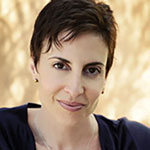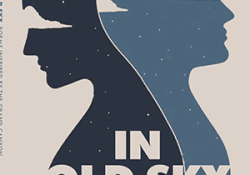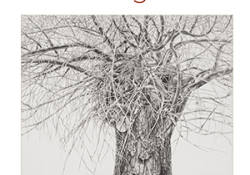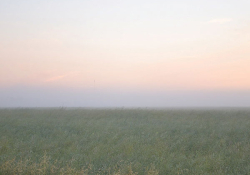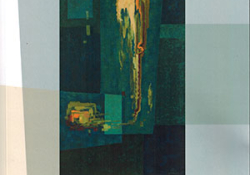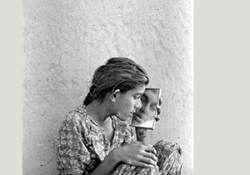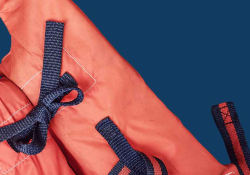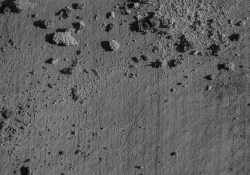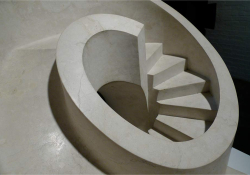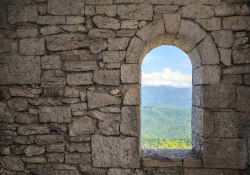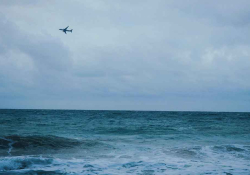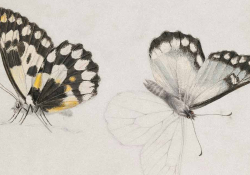Two Poems
Letter to Baghdad
Even if my father never speaks a word of it, I will know
he brought a candle, a cough, and the occupied side of his heart.
I will know the trees held him, that they rose above rooflines,
and where they met, he climbed and saw roads paved only with praises.
The sun he carried across oceans turned copper at his window.
I saw it too, on the gray edge of my childhood,
and I was marked when each day awoke. He devoured the silence,
the parts that could not be cured, and when he was hungry for it,
I swallowed the silence, his self-portrait of confession.
When I found an old shawl and silver teapot in the oven,
and he pretended he didn’t know what they meant,
I remembered bitter lemons had moistened his mouth.
What he inhaled from his copious memory
left his tongue empty then full, and somehow I know
his tongue will always be brushed with the leaving.
One day we were talking about beginnings, and I had begun.
I wasn’t at the center anymore, and we kept letting in a little air,
and he showed me a word for the boy he once was
and he showed me this Arabic word and in this way I knew
this was the most authentic mourning I would ever see.
And I saw it and he said it again,
and we were covered with it. Entirely covered. This was his home, he said,
as he gave me the address, the place
where the first time and the spurned and the color
and the milkmaid stood in the alley. And even though he didn’t tell me
about yesterday and the day and the day and I never saw
any other way to tell it I never saw
heaven or the land that was black, one day I knew enough
to take the word from him and drink my fill
of everything every little thing every steeped thing
and there were many trees and not enough cold and we sat
by the river that curves in every direction and our hearts
lifted up to the birds.
Why Dad Doesn’t Pay Attention to Iraq Anymore
You can all stop asking about the Abu Ghraib torture
and how he felt when the pictures were published
of men in long hoods. He was traveling
the white rim of traffic from New York
to the city of brotherly love,
stopping for donuts (cream-filled).
When Hussein’s statue fell, he was up in his condo,
organizing pencils, most with erasers.
His radio tuned to Beethoven’s Sixth
or some college football. Collateral damage,
snipers, missiles, vessels, and hostile
attention: he’s not watching.
His black shadows are inverted.
His horizon’s a gold minaret. The zip and clatter
of dust. A river branched under
a bridge, then cut from the muscle of land.
He sees the circumference of dates.
Unsaid words pile in dunes.
All he wanted was some portion of yes
and stay, those phrases no one could pack.
The tick talks backward. His single truth
was to stop reading; letters became drifts.
In terrible gutters and columns of newsprint,
the longest griefs are those we never look at.
Anyway, even in war stories, everyone dies in the end.
Editorial note: For more, read Camp's recent blog post ”Surrendering to the Unsaid” where she expounds upon her experience of researching and collecting memories from her father for this collection of poetry.
